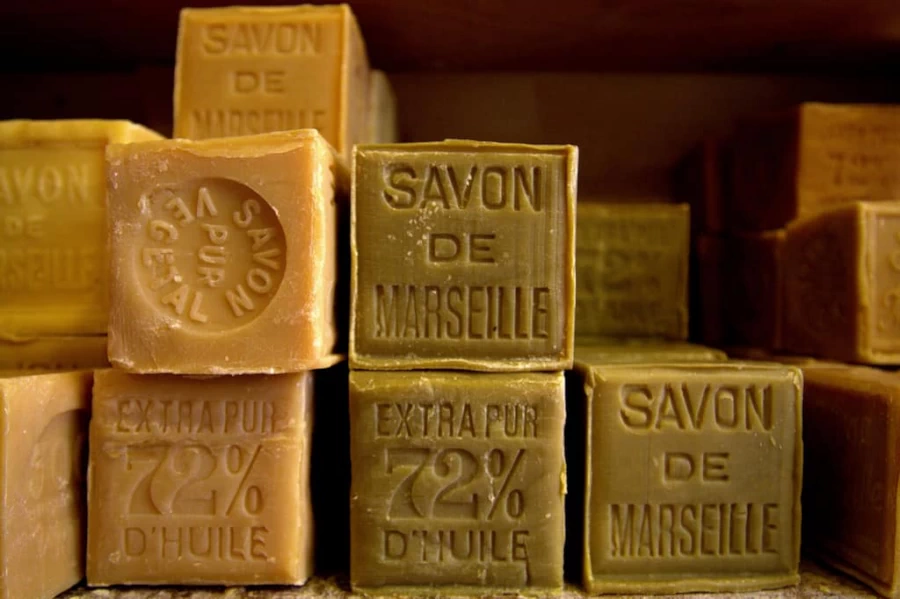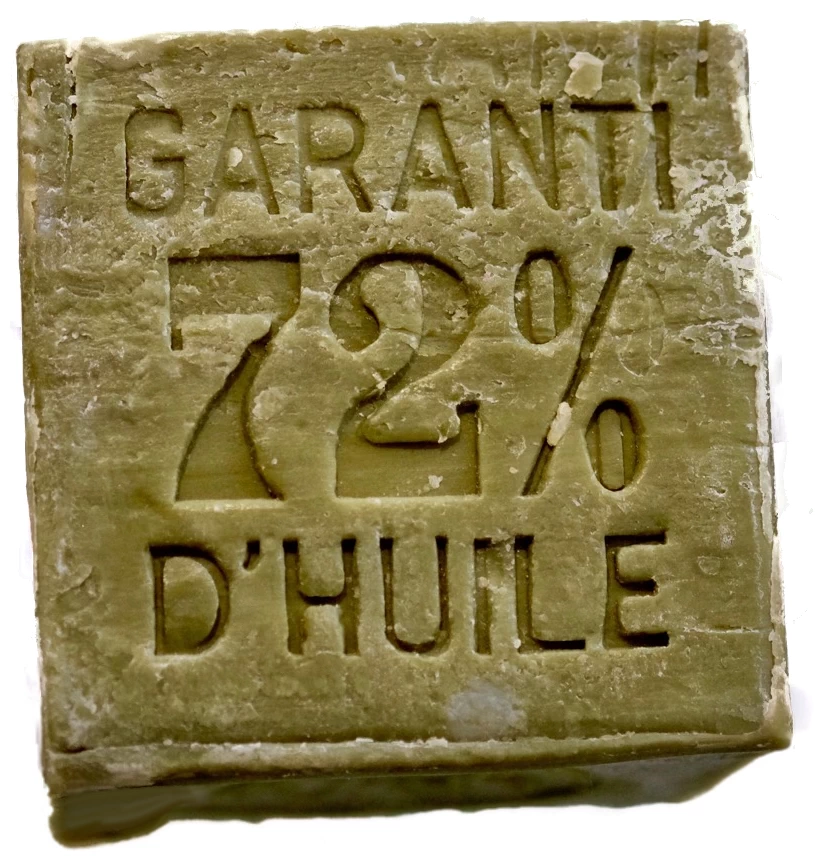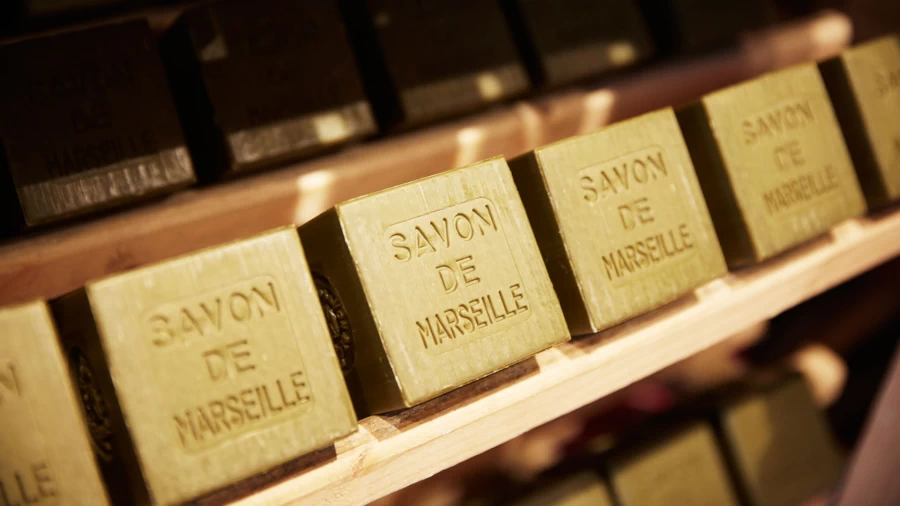Savon de Marseille - France’s Favourite Soap
Updated: Oct 1, 2023

In the 6th century, French craftsmen combined locally pressed olive oil with ash from Mediterranean sea plants to make the first soaps. Today, dedicated soap-makers in the South of France follow the techniques perfected by their ancestors and continue their proud tradition of crafting soaps by hand.
Savon de Marseille is now world famous for it’s purity and quality. A strictly controlled production process combining olive oil from Provence blended with natural ash from sea-asparagus and marine plants grown exclusively in the Camargue region is what makes this soap so special.
There is now a collective of only four authentic “Savonneries” producing traditional Savon de Marseille and their label “Savon de Marseille Garanti” ensures that quality standards have been met, that the soap has been made in Marseille using traditional methods, in ancient cauldrons, with exclusively vegetal oils, natural organic produce from Provence, and without perfumes, colourants, preservatives or additives.

It takes around two weeks to make Savon de Marseille and at least a month before the soap is ready to use. First, oil, ash, sea salt and water are mixed in a large cauldron and boiled for eight to ten days at high temperature. This long boiling process means that the finished soap bars can be kept for years without spoiling and it’s during this process that the mixture is washed several times in salt water to eliminate impurities.
The mixture is then rested for thirty six hours before being poured into cooling moulds and allowed to air dry. The Mistral, a strong, cold, north-westerly wind that blows from southern France aids in this drying process.
The large slabs are then cut in centuries old fashion with a hand operated slicer and again cut by hand into cube-shaped blocks. These are then set out in a well-aired place to dry completely, being turned from time to time to expose each of the six sides to the air.
The final stage is for the soap to be hand-stamped on all six faces. A typical bar of Savon de Marseille weighs about 600g and enthusiasts claim that the combination of Marseille's fierce sun, Mistral wind and salty sea air contribute to the soap's distinctive character.
A much loved characteristic that confirms the authenticity of genuine Savon de Marseille is the faint white bloom on the finished soap which is a residue of sea salt that disappears once the soap is wet.

Natural soaps such as these have no synthetic ingredients and change colour as they cure. This can continue for up to 12 months after they are manufactured during which time the olive soaps can change from dark green to light beige. Left in the open air, moisture will evaporate from the soap, the cube will become slightly smaller, harder, longer lasting, and even more gentle on your skin. The harder the soap, the longer it lasts and the more lather it produces!
Savon de Marseille is a wonderful, French alternative to petroleum and chemical based products. These soap cubes have been the workhorses of French kitchens, laundry rooms and greenhouses for centuries. It's well-suited for anyone with skin allergies as well as for washing silk and other delicate fabrics. Savon de Marseille is economical to use, it's hypoallergenic (no dye or fragrance), biodegradable, naturally antibiotic and recommended by dermatologists to combat skin dryness.

No wonder then, that Savon de Marseille is France's favourite soap!




































